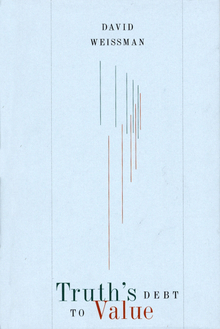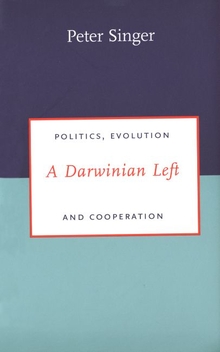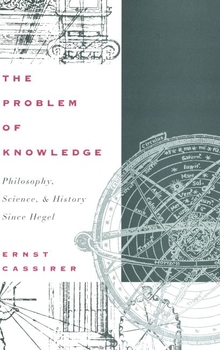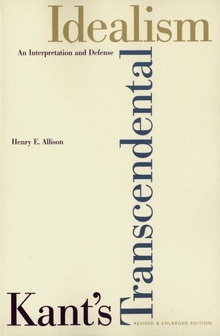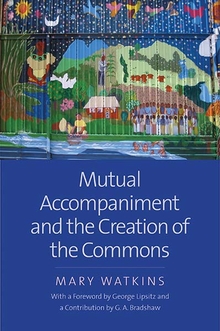Elephants on the Edge
WARNING
You are viewing an older version of the Yalebooks website. Please visit out new website with more updated information and a better user experience: https://www.yalebooks.com
What Animals Teach Us about Humanity
G. A. Bradshaw
Click here to visit the author's website.
In the tradition of Jane Goodall and Dian Fossey, a renowned animal trauma specialist offers an unusual glimpse into the elephant mind and makes an appeal for new notions of human uniqueness and treatment of animals
Drawing on accounts from India to Africa and California to Tennessee, and on research in neuroscience, psychology, and animal behavior, G. A. Bradshaw explores the minds, emotions, and lives of elephants. Wars, starvation, mass culls, poaching, and habitat loss have reduced elephant numbers from more than ten million to a few hundred thousand, leaving orphans bereft of the elders who would normally mentor them. As a consequence, traumatized elephants have become aggressive against people, other animals, and even one another; their behavior is comparable to that of humans who have experienced genocide, other types of violence, and social collapse. By exploring the elephant mind and experience in the wild and in captivity, Bradshaw bears witness to the breakdown of ancient elephant cultures.
All is not lost. People are working to save elephants by rescuing orphaned infants and rehabilitating adult zoo and circus elephants, using the same principles psychologists apply in treating humans who have survived trauma. Bradshaw urges us to support these and other models of elephant recovery and to solve pressing social and environmental crises affecting all animals, human or not.
“Gay Bradshaw clearly demonstrates in this fascinating book, which is a groundbreaking and remarkable feat of scholarship, that we cannot understand the tenuous relationship between man and elephant (or any other co-inhabitants of the natural world) without a self-reflective insight into the deeper psychological and ethical substrata of our own minds.”—Allan N. Schore, Department of Psychiatry and Biobehavioral Sciences, David Geffen School of Medicine University of California at Los Angeles
"African peoples and wildlife have been bound together in a delicate network of interdependence since ancient times. The arrival of colonialism tore apart these bonds: human brother now fights against elephant brother, and mothers of both species mourn. Elephants on the Edge is an urgent call to end this strife and for humanity to embrace once more the traditions that kept the peace with our animal kin."—Archbishop Emeritus Desmond M. Tutu, 1984 Nobel Peace Prize Laureate
“Elephants on the Edge is very thoroughly researched and beautifully presented—a devastating, scientific chronicle of the ignorance, cruelty, and mismanagement that placed these magnificent creatures in their present dire situation. Among Bradshaw’s many virtues is that she exposes the cowardice of scientists who are well aware of the damage now in progress but are unwilling to support animal rights or to condemn animal holocausts. We cannot possibly understand the world we live in unless we acknowledge the role we play in its destruction. Should we continue our Nazi-like behavior toward elephants, and indeed, toward any living creatures? Those who read this book won’t want to.”—Elizabeth Marshall Thomas, author of The Hidden Life of Dogs and of The Old Way: A Story of the First People
“In Elephants on the Edge, G. A. Bradshaw helps us face our ethically flawed relationship with animals and nature and what is at stake for all of us.”—John P. Gluck, University of New Mexico; Kennedy Institute of Ethics, Georgetown University
“A poignant presentation of the eradication of elephant societies. . . The arguments transcend the subject matter of elephants and herald a new cultural stance on human-animal relationships.”—Lori Marino, Emory University
"Elephants on the Edge is a wide-ranging, passionate, well-researched, and urgent call to action. These magnificent, intelligent, and emotional giants are quintessential poster animals for the wounded world in which we live. Read this book, share it widely, and please do something to increase our compassion footprint before it's too late. Healing demands collective cross-cultural action now.”—Marc Bekoff, University of Colorado, coauthor with Jessica Pierce of Wild Justice: The Moral Lives of Animals
“At times sad and at times heartwarming, Elephants on the Edge successfully bridges the gap between species. Bradshaw helps us to understand not only elephants, but all animals, including ourselves.”—Peter Singer, author of Animal Liberation
"This book. . . is fascinating. . . [and] sheds light on disturbing phenomena relevant to the future not only of elephants, but also of humans subjected to similar disruption. Read it.”—Robert M. May, Professor Lord May of Oxford OM AC Kt FRS
"An existentialist’s tract wrapped in a naturalist’s treatise, this unusual volume explores a mighty species from the inside out. . . . A reasoned appeal to morality that’s as heartwarming as it is heartbreaking."—The Atlantic Monthly
“Bradshaw suggests we have completely underestimated elephants' emotional capacities. . . . The evidence that human and elephant behaviors are similar is compelling. . . . This book is engrossing and will appeal to a general audience."--Paula Kuhumbu, Conservation Biology
“A remarkable study of elephant–human interactions."--Tim Flannery, The New York Review of Books
Publication Date: October 26, 2010
32 b/w illus.


